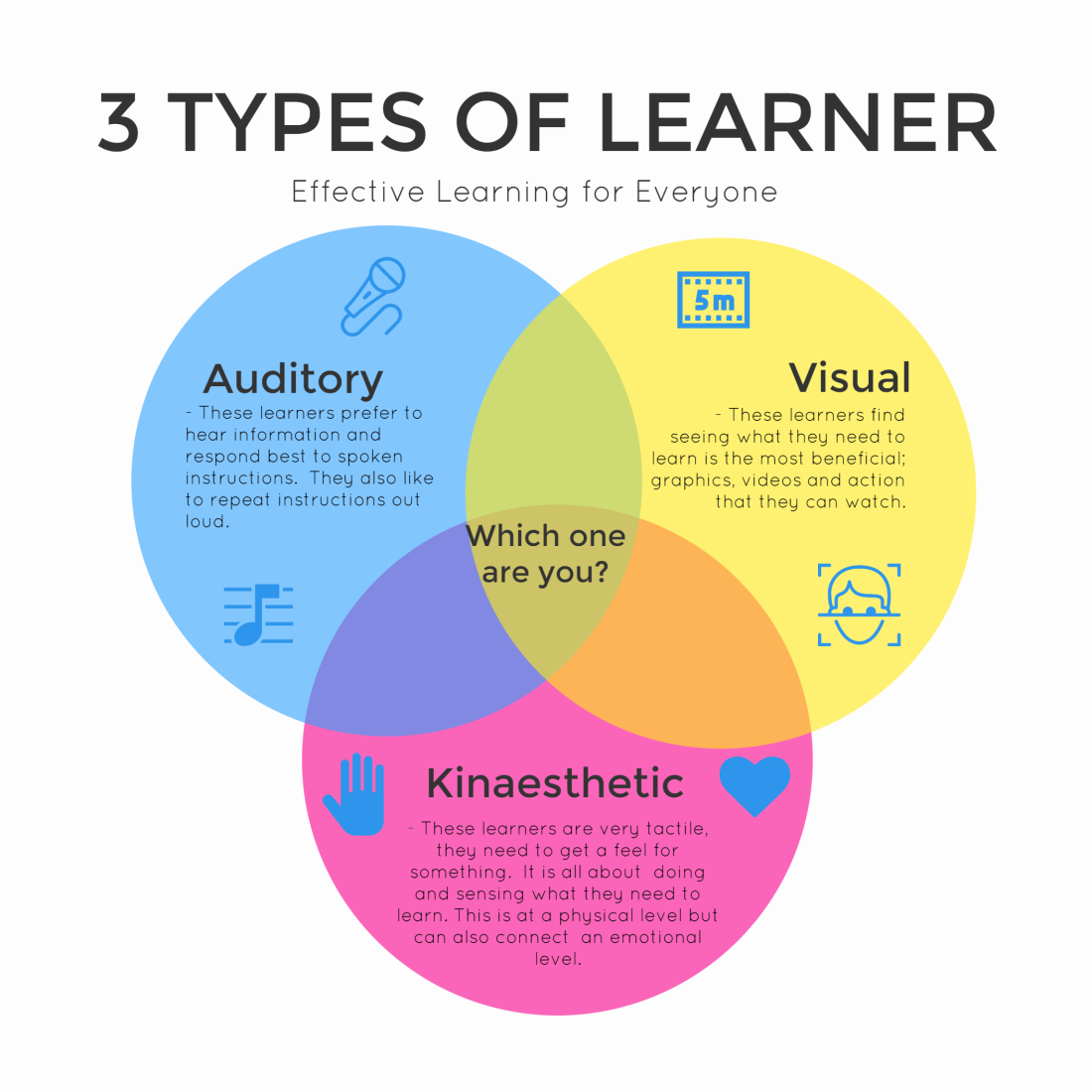
In a world where sales run year-round and every app is engineered to nudge us toward “Buy Now”, shopping addiction has quietly become one of the fastest-growing behavioural issues, especially among young Australians. What used to be a weekend activity has, for many, turned into a coping mechanism, a distraction, or even a financial trap.
Shopping addiction, often called compulsive buying disorder, isn’t about loving fashion or treating yourself occasionally. It’s when the urge to buy becomes so strong that it overrides logic, budget, and long-term wellbeing. People describe a “rush” when they click purchase, followed by guilt, stress, or secretive behaviour. It’s not the products they’re craving — it’s the temporary emotional high.
Part of the challenge lies in how modern shopping is designed. Online stores track preferences, push personalised ads, and send notifications the moment a price drops. The brain reacts to these cues the same way it responds to gambling: with dopamine, the chemical linked to reward. Over time, the habit reinforces itself.
But the issue isn’t just psychological, it’s social. Influencers showcase endless “hauls”, fast-fashion brands release hundreds of new items weekly, and society often celebrates consumption as success. For someone feeling lonely, stressed, or insecure, buying something shiny feels like control.
The good news? Shopping addiction is highly manageable. Strategies such as budgeting apps, spending limits, unsubscribing from marketing emails, and using the 48-hour rule (waiting two days before buying) help reset the impulse. Talking to a psychologist or financial counsellor can also make a huge difference, especially when deeper emotional triggers are involved.
Most importantly, understanding that you’re not alone removes the shame. Shopping should be enjoyable, not a source of stress. When we recognise the signs early, we can regain control and rebuild a healthier relationship with money, emotions, and the things we value most.
Sara Theocharidis










